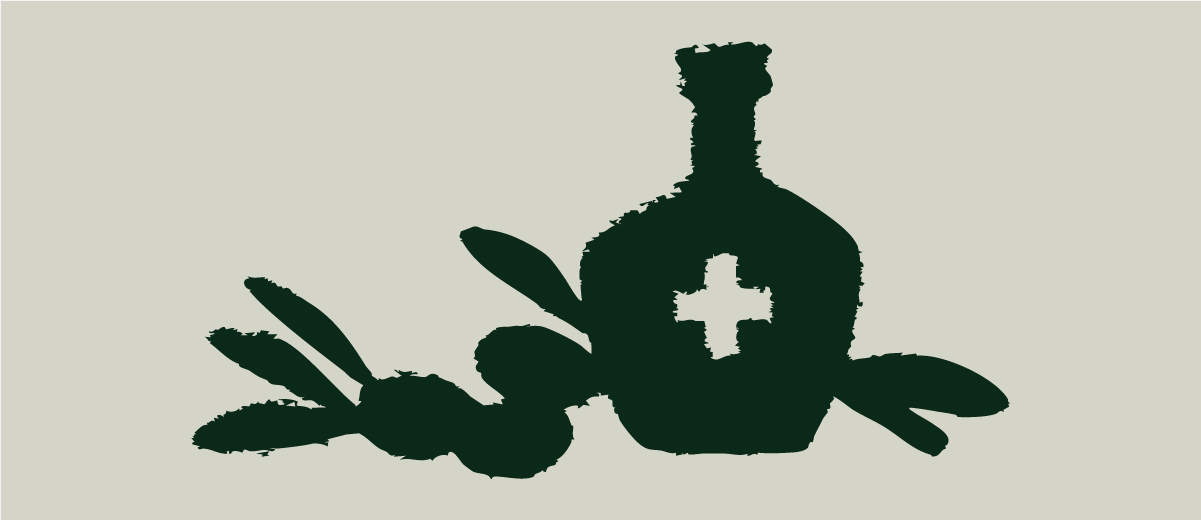Two specific working groups assembled this week at IOC headquarters in Madrid to contribute insight and pool their experience and ideas on olive oil and table olive statistics and olive oil customs nomenclature. The members of both working groups are officially designated by their home authorities.
The IOC Statistics group was the first to meet on 23 September. During the day-long meeting, statistics officers from the member countries gave broad-ranging updated overviews of their home olive oil and table olive industry ranging over planted acreage, producer prices, outlook for growth, and other aspects. Discussions also centred on indepth review and updating of the figures entered in the IOC balances for 2011/12, 2012/13 and 2013/14, which are always drawn from official sources.
The Executive Secretariat informed representatives on other related areas of IOC work and gave them a preview of its new enhanced statistics database designed as part of the drive to improve internal data collection and dissemination.
Meeting the next day on 24 September, the Harmonised System Working Group discussed several important aspects of olive oil customs nomenclature. After presenting a comparison of the IOC trade standard with current World Customs Organisation nomenclature, the Executive Secretariat outlined a preliminary proposal to differentiate between edible and non-edible virgin olive oils in the national customs nomenclatures of the IOC’s member countries. This topic sparked lengthy, interesting debate.
For the IOC, data collection and customs nomenclature harmonisation are central to the delivery of clear, reliable market intelligence that is fully and freely available.
.









